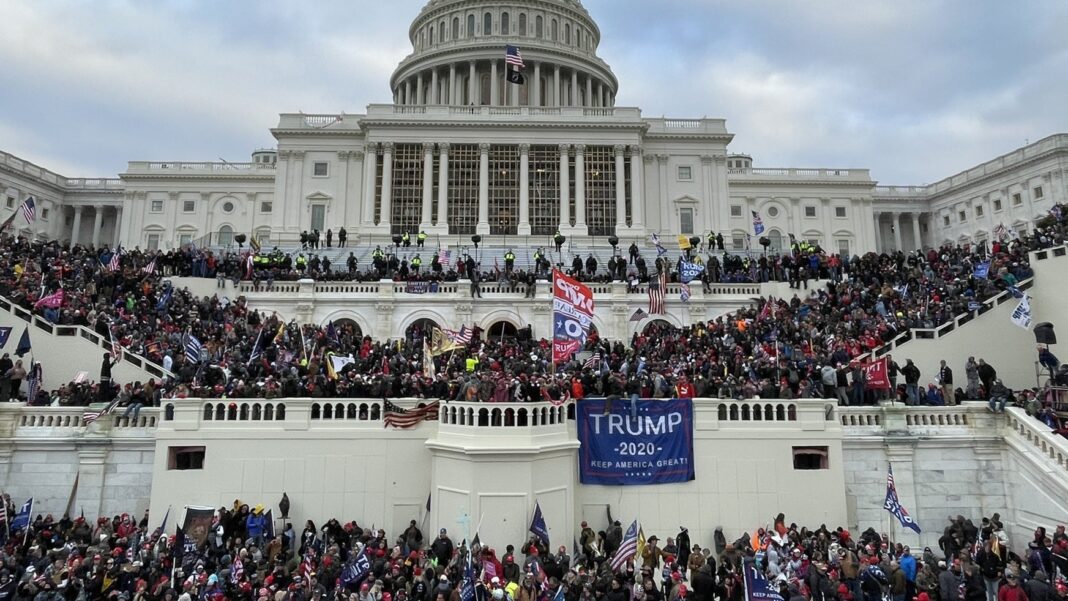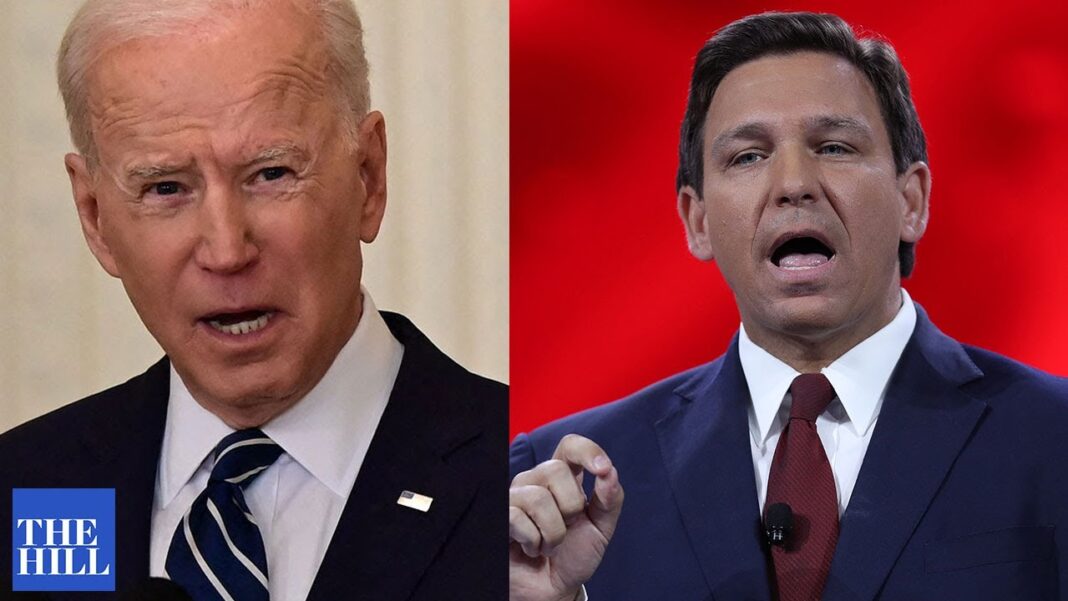
China has had three grand strategies to counter the United States since 1989, culminating in the latest phase since 2016 of wanting to displace the United States, said China expert Rush Doshi during a recent webinar to talk about his new book.
Doshi wrote the book, entitled “The Long Game: China’s Grand Strategy to Displace American Order,” while working at the Brookings Institution, which hosted the online event on Aug. 26. Now, he is the Biden administration’s newly-appointed director for China on the White House National Security Council.
The Chinese Communist Party (CCP) officials “seek to restore China to its due place and roll back the historical aberration of the West’s overwhelming global influence,” with the grand strategy, according to Doshi’s book.
The grand strategy is now in its third phase, Doshi explained, after examining years of CCP documents such as memoirs, speeches, and biographies. Now, he said China saw its competition with the United States as global, regional, and functional in many domains.
“It’s in key domains like economics, technology, finance, emerging technologies, obviously in security and political institutions,” Doshi explained. He added the nature of the Sino-U.S. competition was much wider now, involving more countries.
He explained: “If you look at the Chinese discourse on what they see as the future of competition … they believe that the West, the United States and others, will sort of increasingly work together.
“They think they have to do the same thing with other states, that’s a little harder, in their own estimation, because they don’t have the same network of alliances and historical partnerships.”
His comments were made in his personal capacity as a former Brookings fellow.
The first phase of China’s grand strategy lasted from 1989 to 2008, then the second phase kicked in for the next eight years, according to Doshi. In 2016, China commenced its third phase of the strategy.
Beijing saw the United States as a quasi-ally before it changed its perception and saw America as an ideological and military threat following three events—the Tiananmen Square Massacre, the first Gulf War, and the collapse of the Soviet Union, according to Doshi. Describing the events as a “traumatic trifecta,” he said Beijing ushered in the first phrase—a blunting strategy.
His book details how China made military, political, and economic decisions in accordance with the blunting strategy. For example, Beijing shifted from controlling distant maritime territory to preventing the U.S. Navy’s ability to traverse or intervene in waters near China. The shift was accompanied by focusing its military investment in submarines, naval mine arsenal, and anti-ship ballistic missiles.
The 2008 financial crisis prompted Beijing to see the United States differently, believing that America was “weakening” and its economic and political model wasn’t “quite as effective,” Doshi explained during the webinar. In response to its new view, Beijing began focusing more on “building the foundations for Chinese order within Asia,” Doshi added.
He said the shift from blunting to building was evident by a speech by former Chinese leader Hu Jintao at the 2009 ambassadorial conference, during which he said China had to “actively accomplish something.”
As a result, Beijing began to focus more on distant military capabilities, turning its attention to investing in aircraft carriers, overseas military bases, and surface vessels, according to his book.
Beijing reaffirmed its belief that the United States, as well as the West, was in decline, after seeing populist candidates won several elections around the world in 2016, former President Donald Trump’s presidential victory, and the United Kingdom’s Brexit vote, according to Doshi. In response to its assessment, the Chinese regime adopted the third phase of its grand strategy—what Doshi called an expansion strategy.
The communist regime “takes the blunting and building strategies from early periods and applies them on a global stage,” Doshi explained.
“If there are two paths to hegemony—a regional one and a global one—China is now pursuing both,” his book says.
It adds: “It is clear, then, that China is the most significant competitor that the United States has faced and that the way Washington handles its emergence to superpower status will shape the course of the next century.”
By Frank Fang
Read Original Article on TheEpochTimes.com
Frank Fang is a Taiwan-based journalist. He covers news in China and Taiwan. He holds a Master’s degree in materials science from Tsinghua University in Taiwan.







